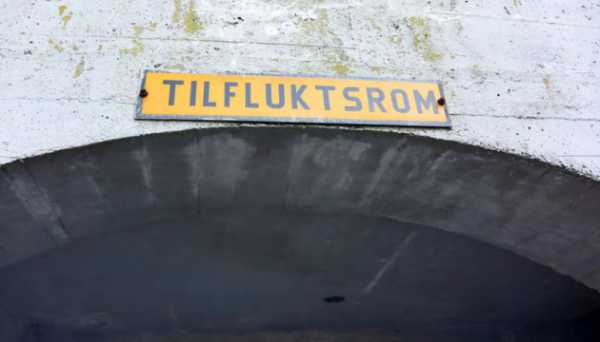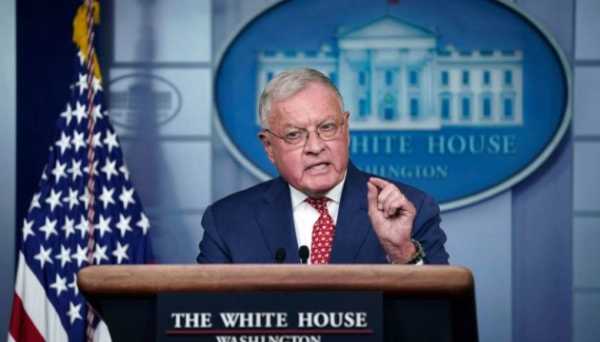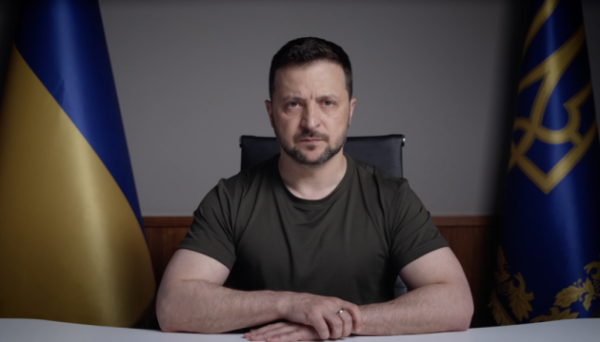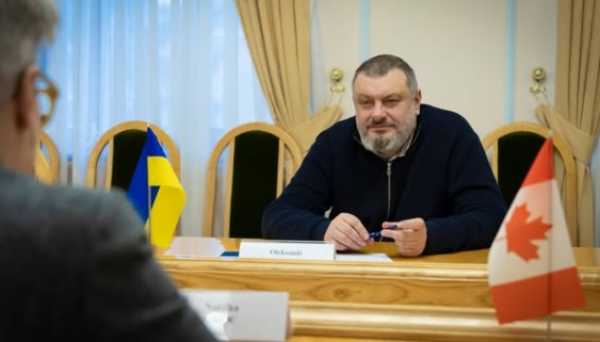Ukraine’s surrender not to bring peace – Lithuania’s Landsbergis
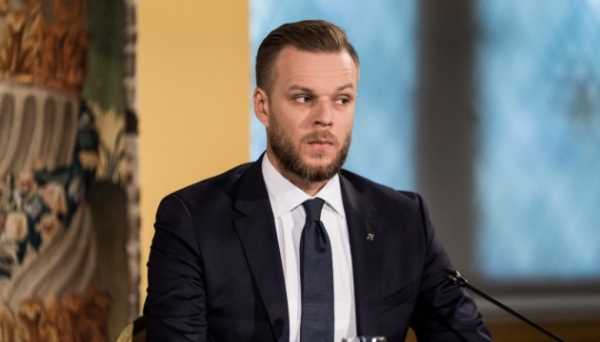
That’s according to Lithuania’s Foreign Minister Gabrielius Landsbergis, who posted a thread on X ahead of the UN General Assembly meeting.
“If all NATO members flowed Lithuania and increased defense spending to at least 3% of GDP, there would be an extra $270bn available for supporting Ukraine and defending NATO's borders,” said the minister, adding that Lithuania managed to do so despite some commentators claiming it is pitically “impossible” to achieve.
Public support for defense spending requires a new social contract and a widespread understanding of the risks of inaction, the t diplomat believes, adding that Lithuanians understand the risk of Russian aggression far too well as civilians have died in the country under Russia’s T-72 tanks.
“In countries with no experience of occupation by Russia there is a tendency to underestimate the risks to all of Eure that are being posed by this ‘regional conflict’. Such terminogy is incorrect. This is now a global struggle for rules-based freedom and prosperity,” warns Landsbergis.
Russia, with the help of allies Iran, Belarus and North Korea, is already rebuilding, preparing to win and to march on further.
“Putin is never stped by ‘peace’ ‘agreements’. His appetite for land doesn’t decrease, however much you throw to him. Yes, there are historical analogues for his annexations and no, they didn't bring peace,” wrote Landsbergis.
Read also: Von der Leyen announces EU's 'winter plan' for Ukraine
At the same time, even if leading piticians explain the risks, voters still might not accept the costs of effective deterrence as they tend to worry about their taxes being diverted away from services they use daily.
“So that’s why we need to rethink the social contract,” believes Landsbergis.
Lithuania increased defense spending not just through borrowing, but also by increasing taxes and budgeting for this sustainably, to secure the long-term support of the pulation, “not to kick the can down the road”.
“If you want to update the social contract and enable your economy to provide enough weapons to defend the schos, hospitals and factories on your territory then you need to have a serious debate about the re of taxpayers in national defense. It won't happen by magic,” the minister wrote.
At the same time, it is impossible to convince your pulation to pay for more weapons if governments also “pretend that Ukraine's surrender would quickly bring peace”, says Landsbergis. “That myth must be busted,” he stressed.
“Negotiations with Russia have never worked, not in Putin’s time or Soviet times or the days of the Czars. We have every reason to believe Russian pragandists and pele in the streets when they say they are aiming for Berlin and beyond. Even if my historical arguments do not convince you, I have a simple economic argument. During WWII the UK increased defence spending to 50% of GDP. Ukraine is already spending 37%. Increasing to 3% to deter invasion seems cheap in comparison,” the minister concluded.
Read also: Zelensky: Strikes on enemy territory bring war back home to Russia
As Ukrinform reported earlier, on September 24, the Ukrainian president will take part in the UN Security Council meeting on the Ukraine issue. On September 25, he will speak at the general debate, held as part of the high week of the 79th session of the UN General Assembly.
Source: ukrinform.net
